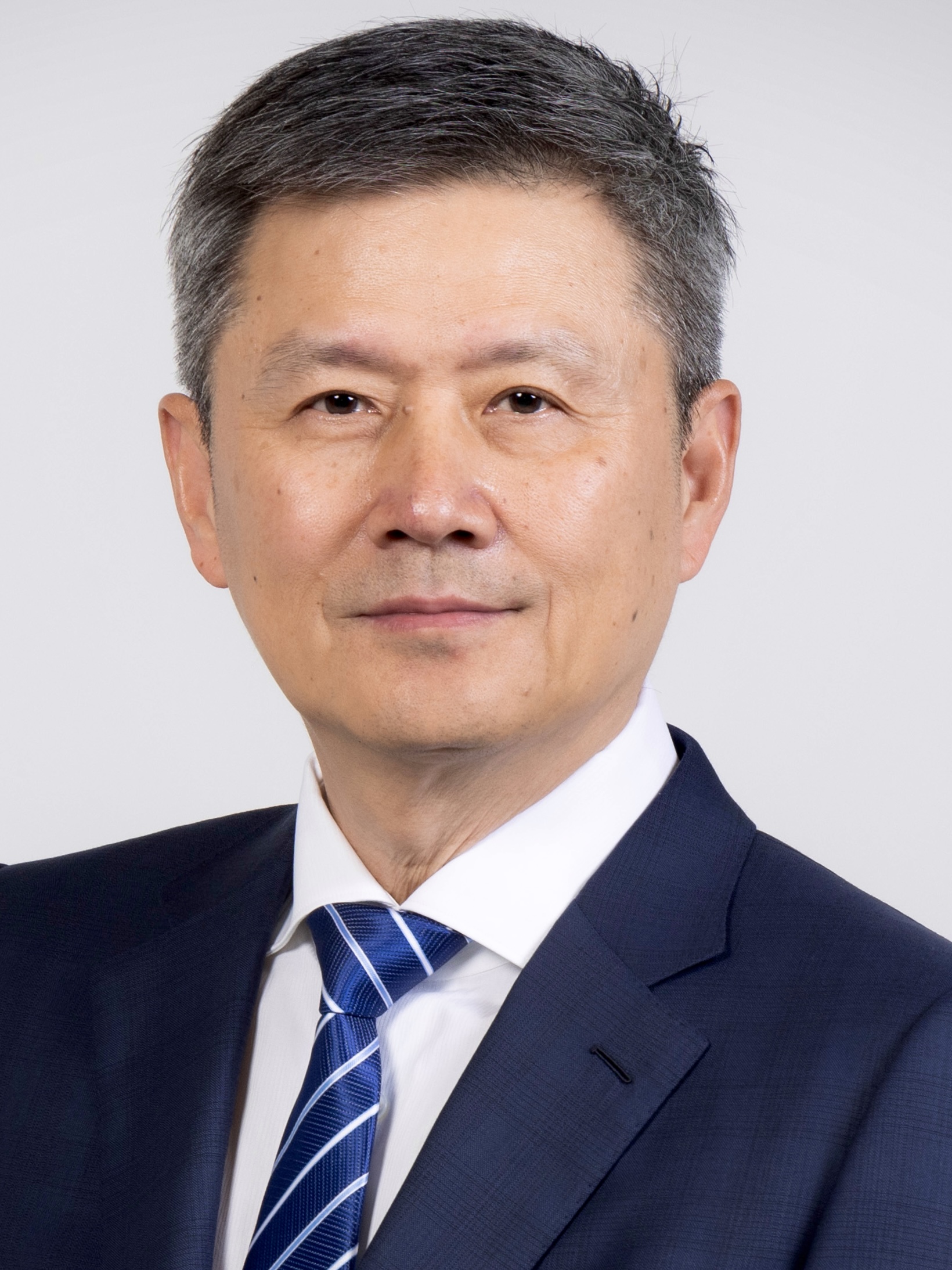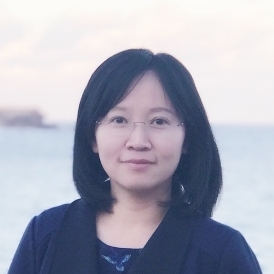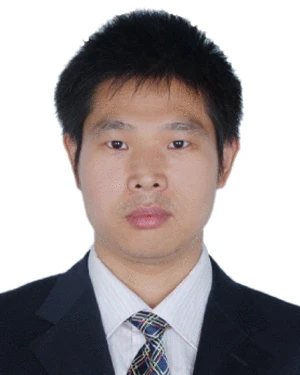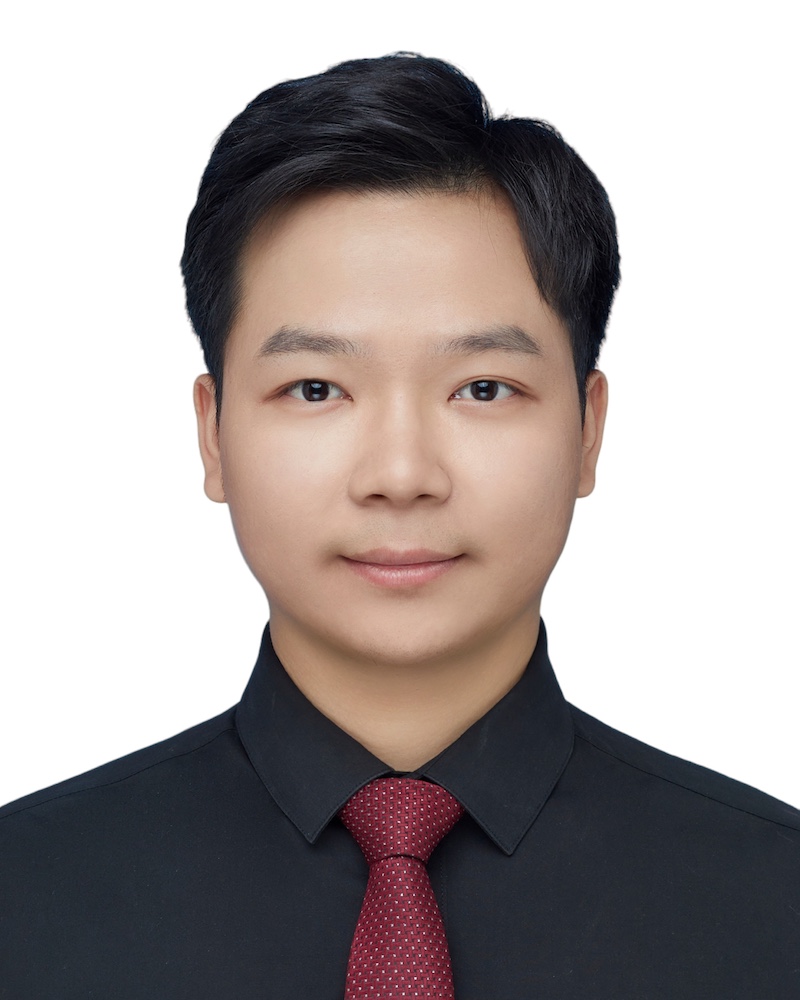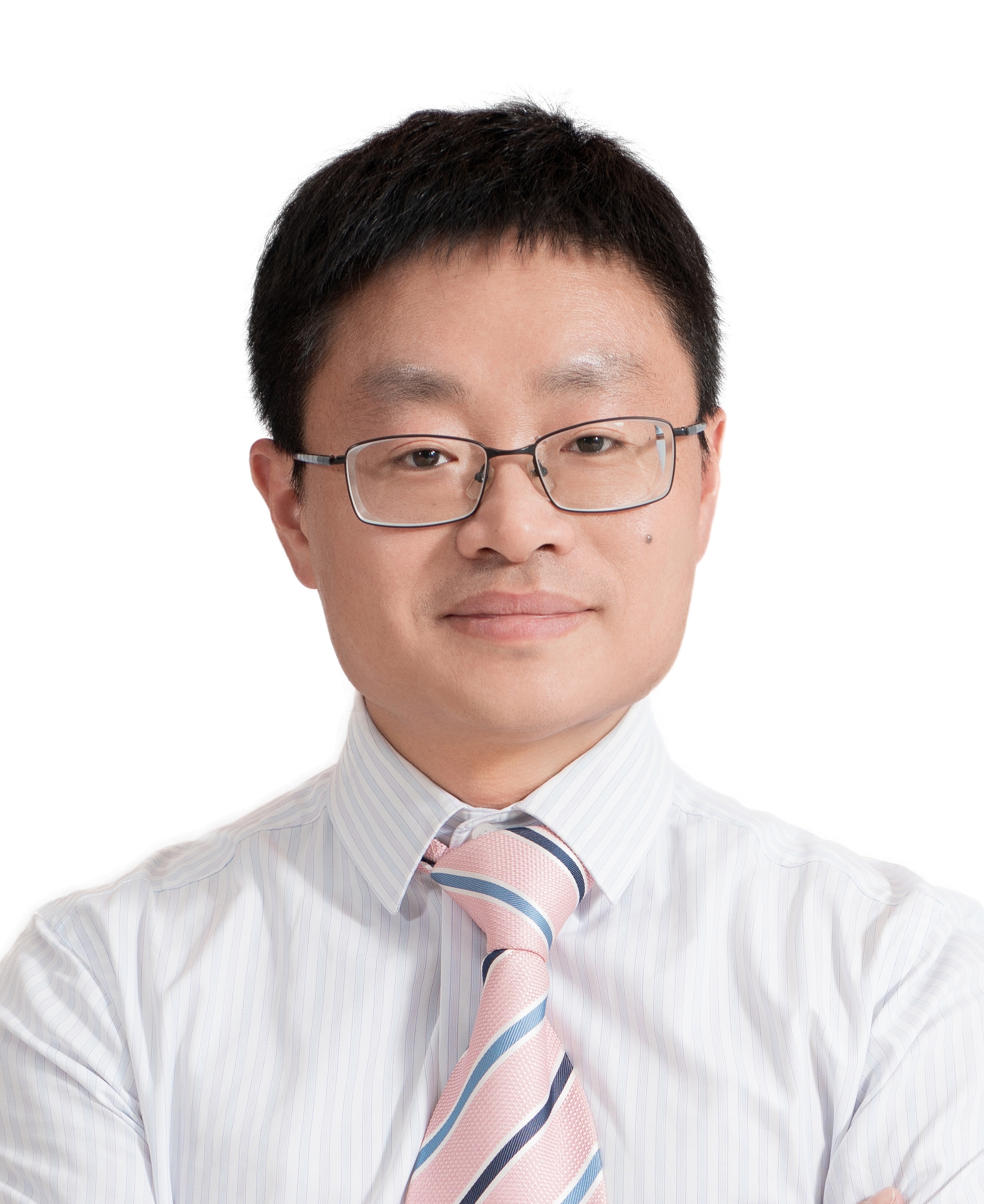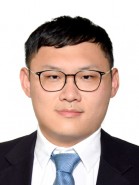Talks
Title:
Beyond Embeddings: Data Management for LLMs in the Era of RAG and Personal AI
Abstract:
In this presentation, we will share insights into data management for Large Language Models (LLMs), focusing on high-dimensional vector data in state-of-the-art LLMs. We begin by examining the spectrum of vector data involved in a comprehensive LLM system—covering both internal representations (e.g., embeddings, KV caches) and external vector stores (e.g., for retrieval). We will discuss why managing vector data is essential and highlight relevant techniques. Next, we turn to the Retrieval-Augmented Generation (RAG) framework, particularly its reliance on high-dimensional vector search. We will present our research on efficient search algorithms and index structures for large-scale vector data, emphasizing how these solutions support RAG use cases. Finally, we address new challenges posed by the latest developments in the LLM community, including personalized AI running on resource-constrained hardware and the implications of long-context-window LLMs. We will discuss strategies to balance performance and energy efficiency while integrating these cutting-edge LLM architectures with robust vector data management solutions.
Bio:
Professor Xiaofang Zhou holds the Otto Poon Professorship in Engineering and is a Chair Professor of Computer Science and Engineering at HKUST, where he leads the Department of Computer Science and Engineering. His work spans database systems, data quality management, big data analytics, machine learning, and AI. He was Program Committee Chair for IEEE ICDE 2013, ACM CIKM 2016, and PVLDB 2020, and was General Chair for ICDE 2025 and ACM MM 2015. Before HKUST, he was a Professor of Computer Science at The University of Queensland, heading its Data Science discipline. He is a Global STEM Scholar and an IEEE Fellow.
Title:
Beyond Text: Graph-Enhanced LLMs for Reasoning and Mixed-Type Data Imputation
Abstract:
Large Language Models (LLMs) have demonstrated remarkable capabilities in natural language understanding and generation. However, when it comes to structured reasoning, especially over heterogeneous or mixed-type data, their performance often falls short. In this talk, we will present two complementary lines of work, Paths-over-Graph (PoG) which augments LLMs reasoning with dynamic graph traversal strategies, and UnIMP which enhances data imputation for mixed-type data through high-order message passing. We will discuss how graph-enhanced LLMs can bridge language and structure, enabling more accurate and reliable reasoning across knowledge and data-centric tasks.
Bio:
Wenjie Zhang is a Professor and Head of Database Group in the School of Computer Science and Engineering, University of New South Wales Australia. Her research interests lie in developing efficient and scalable techniques for data intensive applications. Wenjie serves as an Associate Editor for TKDE and VLDB Journal, PC chair for ICDE 2025, and area chair for VLDB, ICDE and CIKM. Her contributions have been recognized with the ACM SIGMOD Research Highlight Award, Best AE Award in VLDB, Chris Wallace Research Award, and Best Paper nominations in SIGMOD and ICDE.
Title:
Connecting Academic Research and Enterprises, Sharing Experience of Cooperation in the Field of Vector Search
Abstract:
TBA.
Bio:
Shihai Xiao received the bachelor’s degree and the master’s degree in mechanics from Zhejiang University, Hangzhou, China, in 2005 and 2007 respectively. He is currently a Senior Researcher with Huawei Technologies, Shenzhen, China. His research topics include hardware software co-design in big data and machine learning. He has more than 10 years of experience in cooperating with academia. And he has more than 10 granted international patents.
Title:
Bridging Humans and Databases: Democratizing Database Interfaces with Reasoning Agents
Abstract:
Natural language interfaces are revolutionizing how users interact with databases, making it possible for non-experts to query and manipulate complex data systems with ease. Text-to-SQL is a key example of this transformation, enabling users to generate SQL queries from natural language. In this talk, we explore how reasoning agents can enhance Text-to-SQL solutions by bridging the gap between human queries and the complex logic required to generate precise SQL queries. A reasoning agent is an intelligent system capable of reasoning through a problem, selecting appropriate actions, and interacting with external tools or data sources to ensure the correctness and relevance of generated responses. Reasoning agents enhance Text-to-SQL by integrating dynamic reasoning processes and tool calls (e.g., retrieval-augmented generation). These agents interpret the intent behind a user’s natural language request, adjust the query-building process in real-time, and refine queries by calling upon external knowledge sources, querying data documents, or interacting with users. We will introduce our recent efforts in this area and discuss future directions for improving the effectiveness of Text-to-SQL solutions, making database interactions more intuitive and effective.
Bio:
Yuyu Luo is an Assistant Professor in the Data Science and Analytics Thrust, Information Hub, at The Hong Kong University of Science and Technology (Guangzhou). He directs the Data Intelligence and Analytics Lab (DIAL) at HKUST(GZ), where the lab’s mission is to develop next-generation data intelligence systems through research at the intersection of large language models, foundation agents, AI for databases, and data-centric AI. Dr. Luo earned his PhD from Tsinghua University in 2023. He was honored with the Best-of-SIGMOD 2023 Papers.
Title:
The Challenges of Personal Data Management System for Agentic AI on AIphones
Abstract:
In the Agentic AI era, AI-terminal devices need to provide personalized assistants (Agents) with two capabilities: the ability to understand the world (LLM) and the ability to understand users (ArkData/GaussPD). This talk focuses on the challenges encountered in building the Harmony data foundation platform by streamlining user data silos, integrating user data, and achieving in-depth understanding of users. We hope that the academics and industries will work together to solve all these challenges.
Bio:
Zhou Minqi, Huawei Embedded DBMS scientist, chief architect of CSI-Datacom TDT, and chief architect of GMDB/GaussPD. He has won the first prize of Shanghai Science and Technology Award and the second prize of Science and Technology Progress Award of the Ministry of Education. He has published more than 40 top academic papers and has many technical invention patents. His main research interests include multi-model data management, in-memory database systems, data integration systems etc.
Title:
Towards Bridging Maximum Inner Product and Nearest Neighbor Search
Abstract:
Maximum Inner Product Search (MIPS) has emerged as a central primitive in modern data systems, powering applications from recommendation engines to large-scale retrieval. Yet it remains beset by two intertwined challenges: the cost of redundant computation without metric guarantees, and the loss of data topology when forced into Euclidean projections. This talk will weave a single narrative that begins by unveiling a theoretical bridge between MIPS and Nearest Neighbor Search (NNS), showing how a query-scaled equivalence unlocks the full power of graph-based indices without lossy transformations. Building on this foundation, we then confront the metric duality head-on—demonstrating that Inner Product and Euclidean measures need not be adversaries but complementary allies. By stitching these metrics together in index design and search dynamics, our unified graph framework adapts to local data topology, prunes redundant paths early, and dynamically switches similarity modes. The result is an end-to-end solution that delivers up to 4× speedups in diverse real-world datasets while slashing index size and preserving topological fidelity. Throughout the talk, you’ll see how foundational insights translate seamlessly into practical, scalable systems—culminating in industry deployments that bring these advances to billions of daily queries.
Bio:
Dr. Xiangyu Ke is an assistant professor in the School of Software Technology at Zhejiang University under the ZJU Plan-100 initiative. He earned his Ph.D. from Nanyang Technological University (NTU), Singapore, and completed postdoctoral fellowships at both NTU and the National University of Singapore. His research spans data management and data mining, with a particular focus on high-dimensional data processing and the integration of graph machine learning with graph database systems. He has authored over 30 papers in leading conferences and journals—including SIGMOD, VLDB, ICDE, VLDB Journal, and SIGMOD Record—and has served on technical program committees for premier venues such as VLDB, KDD, WWW, TKDE, and others.
